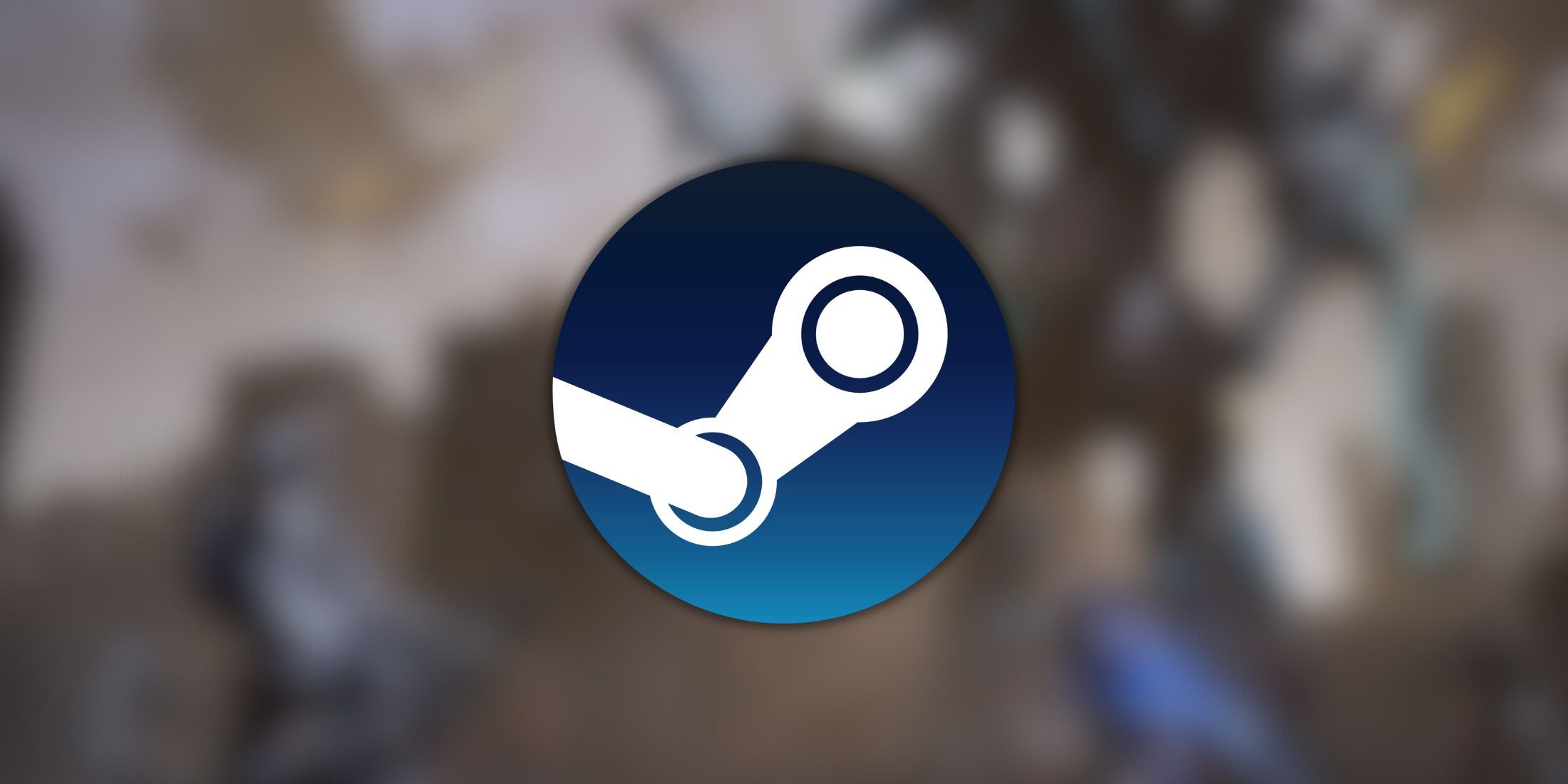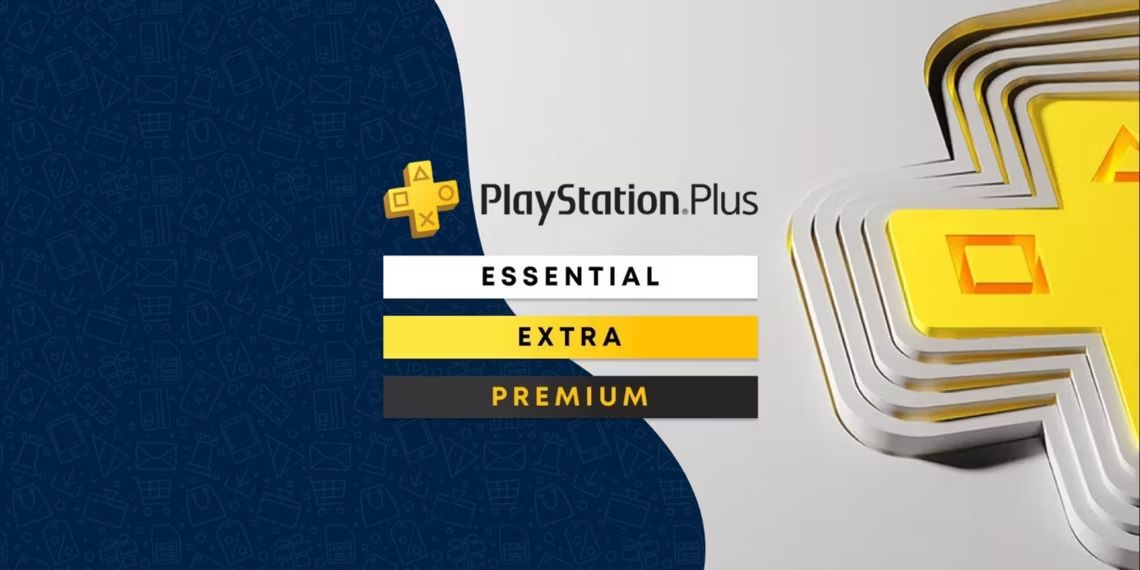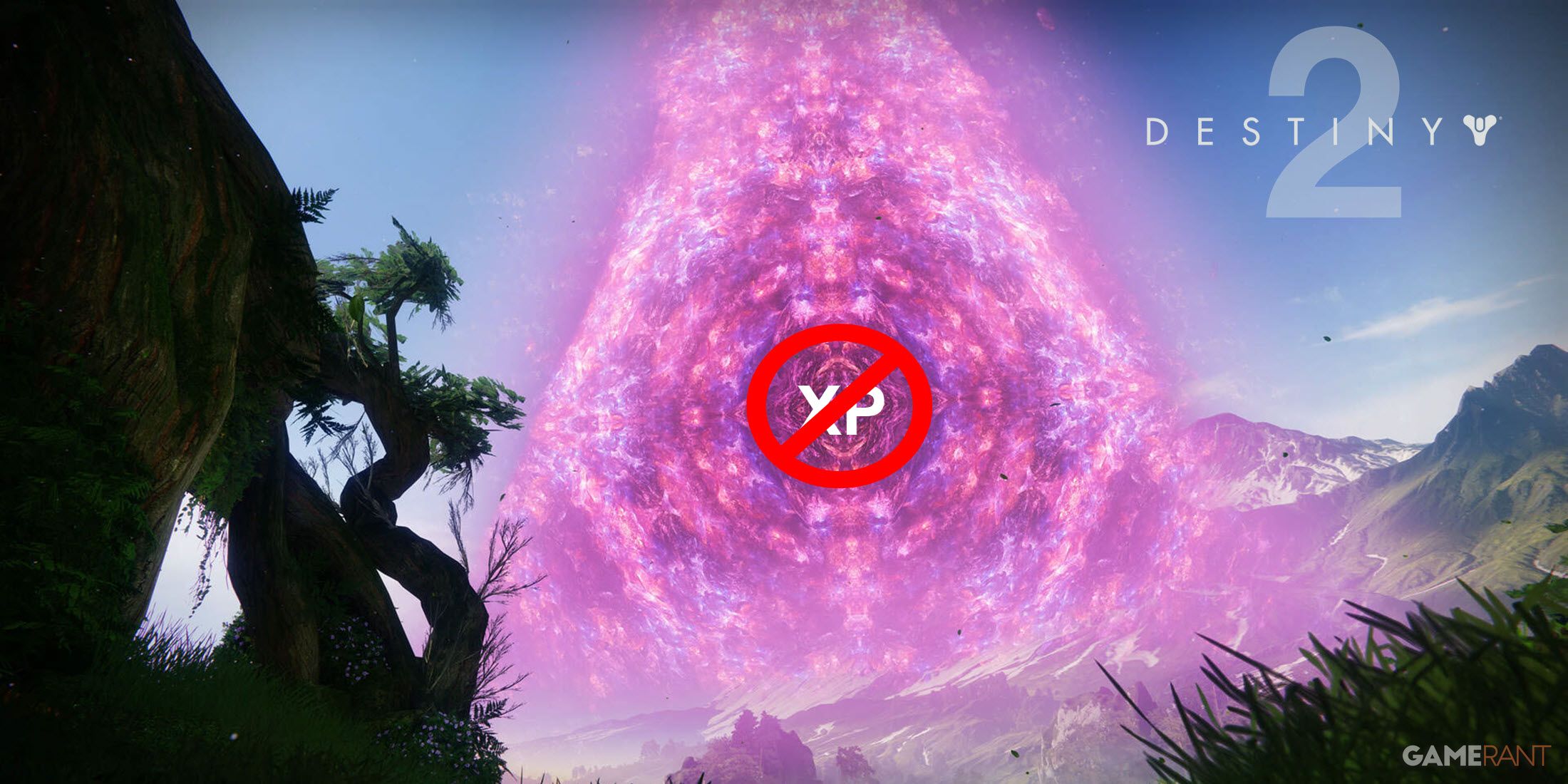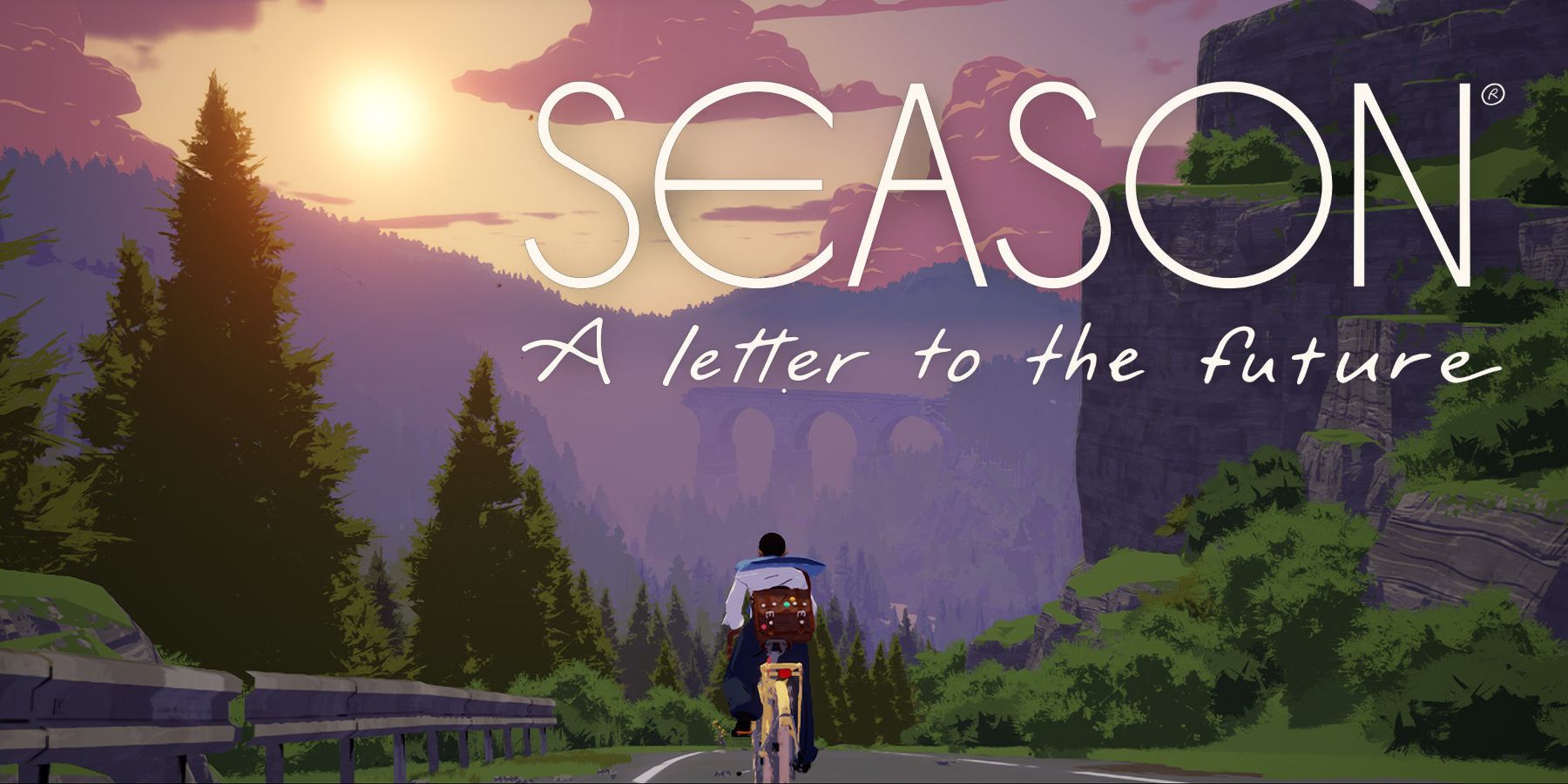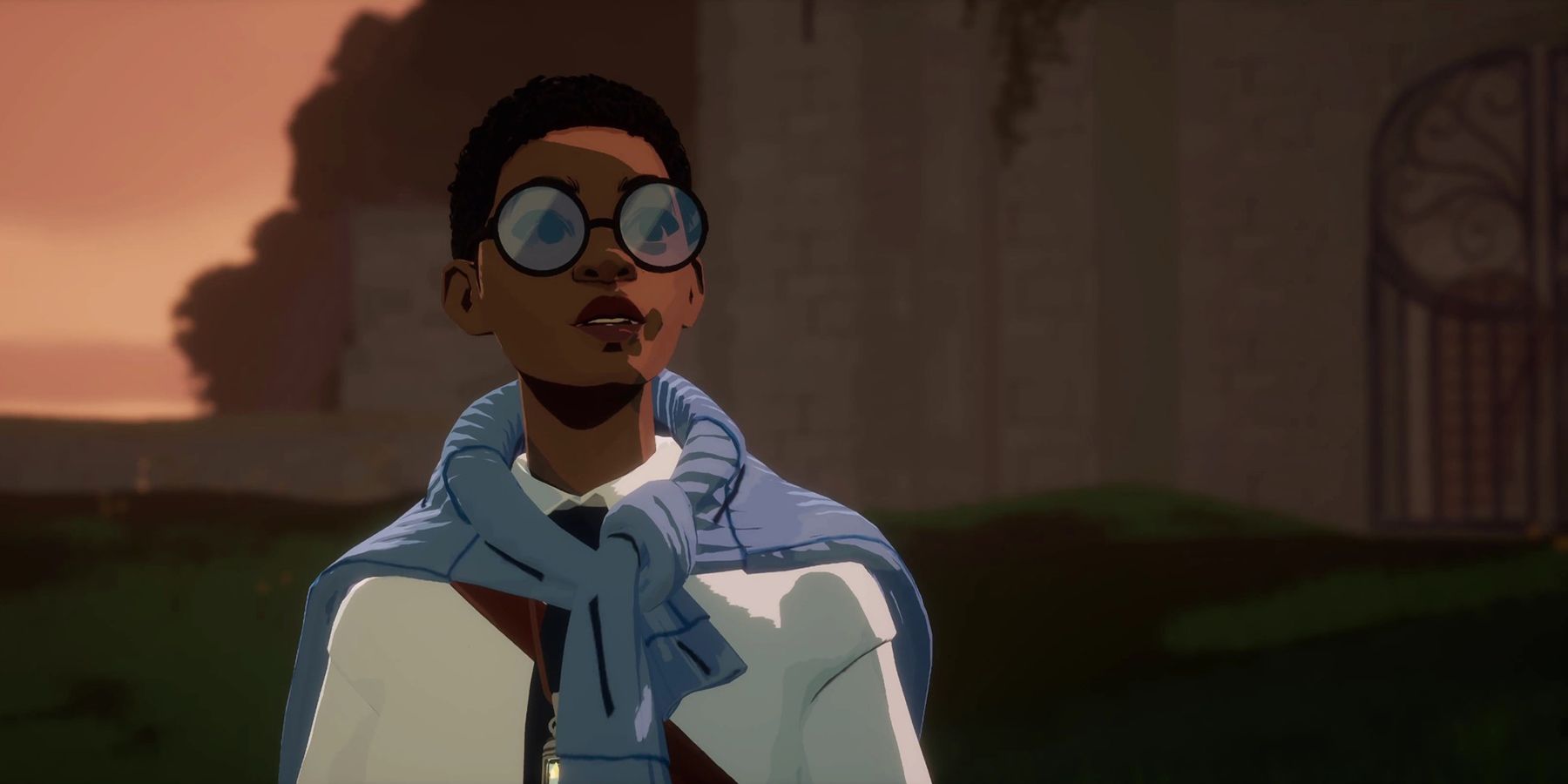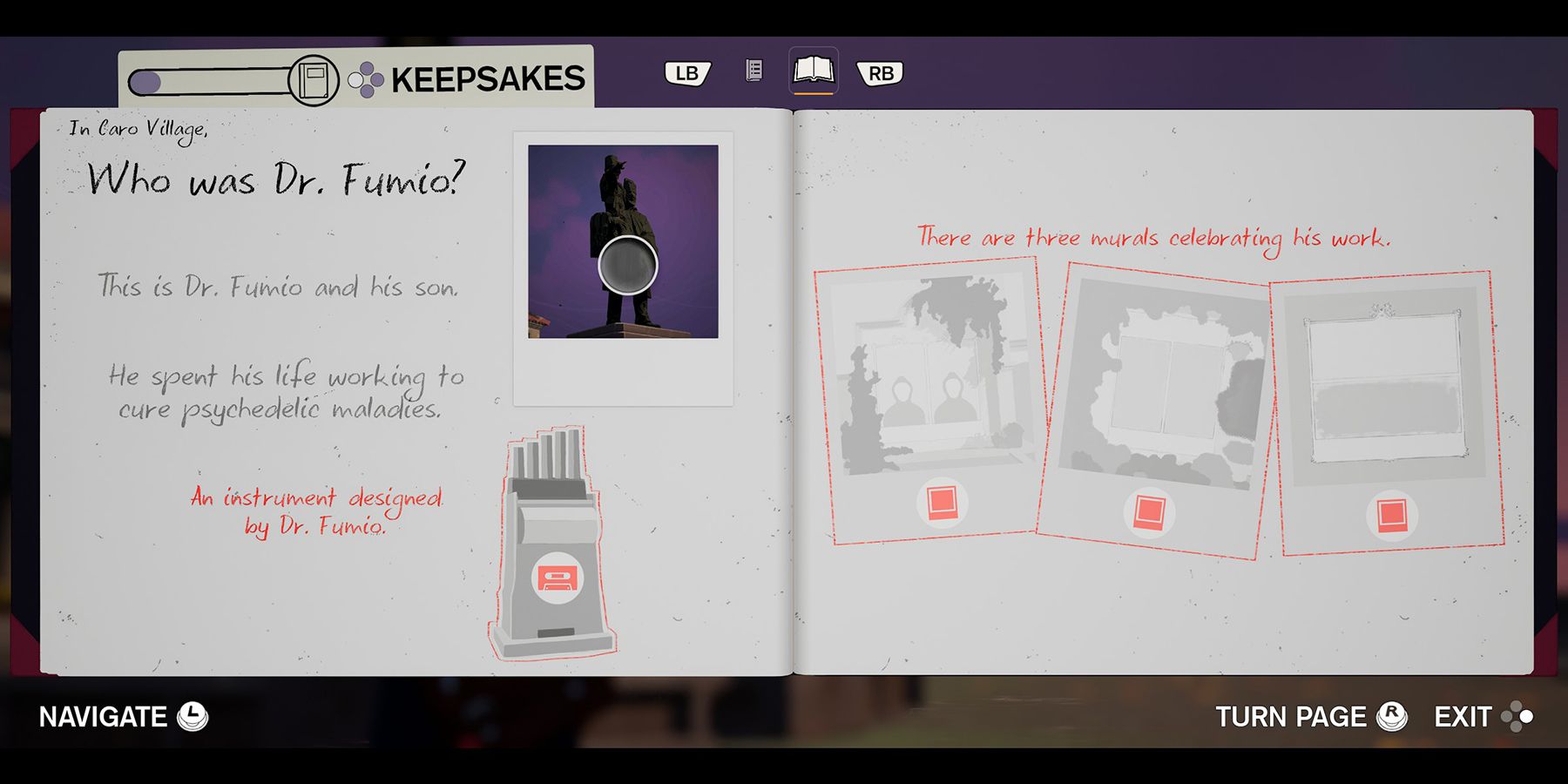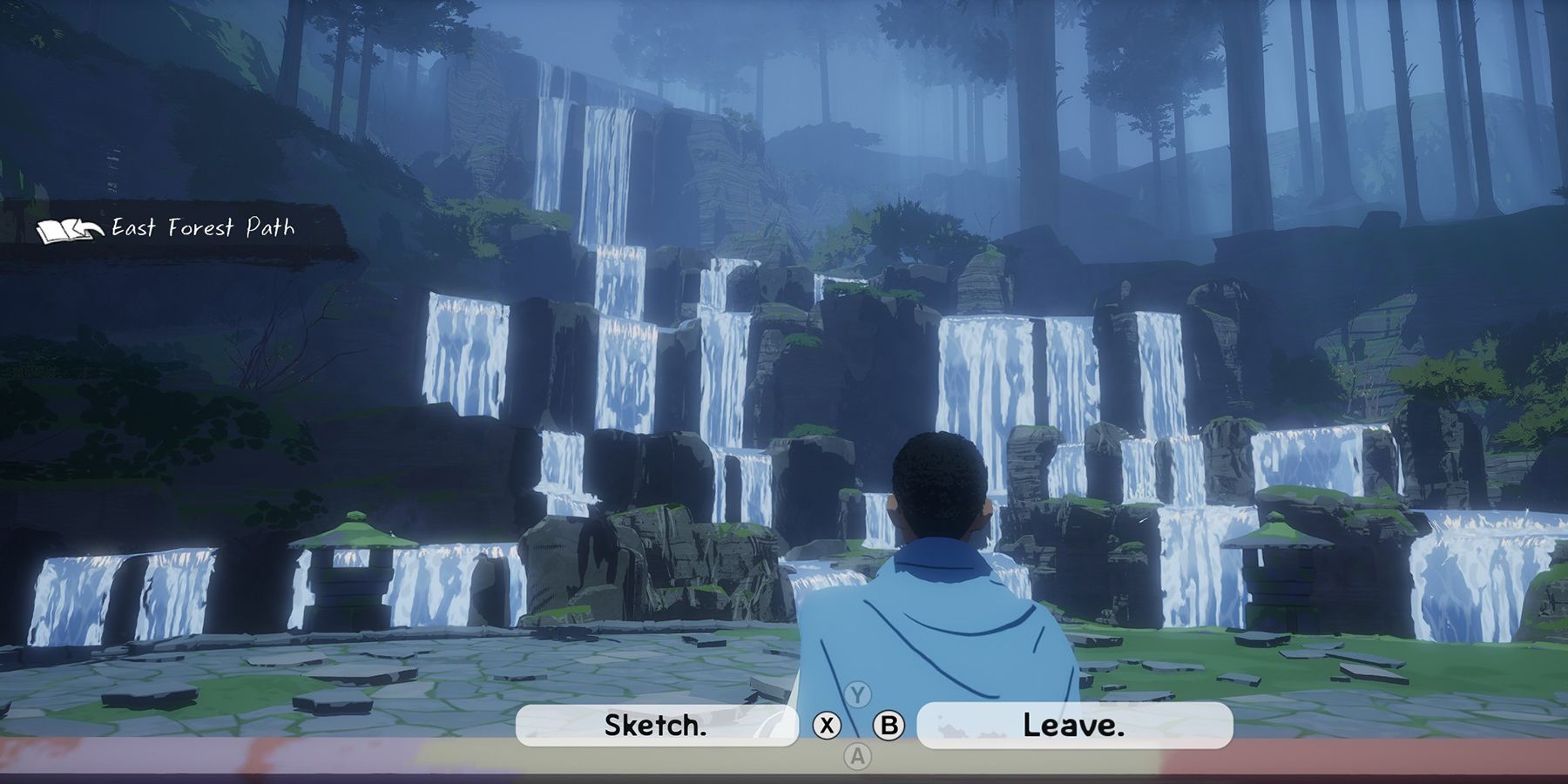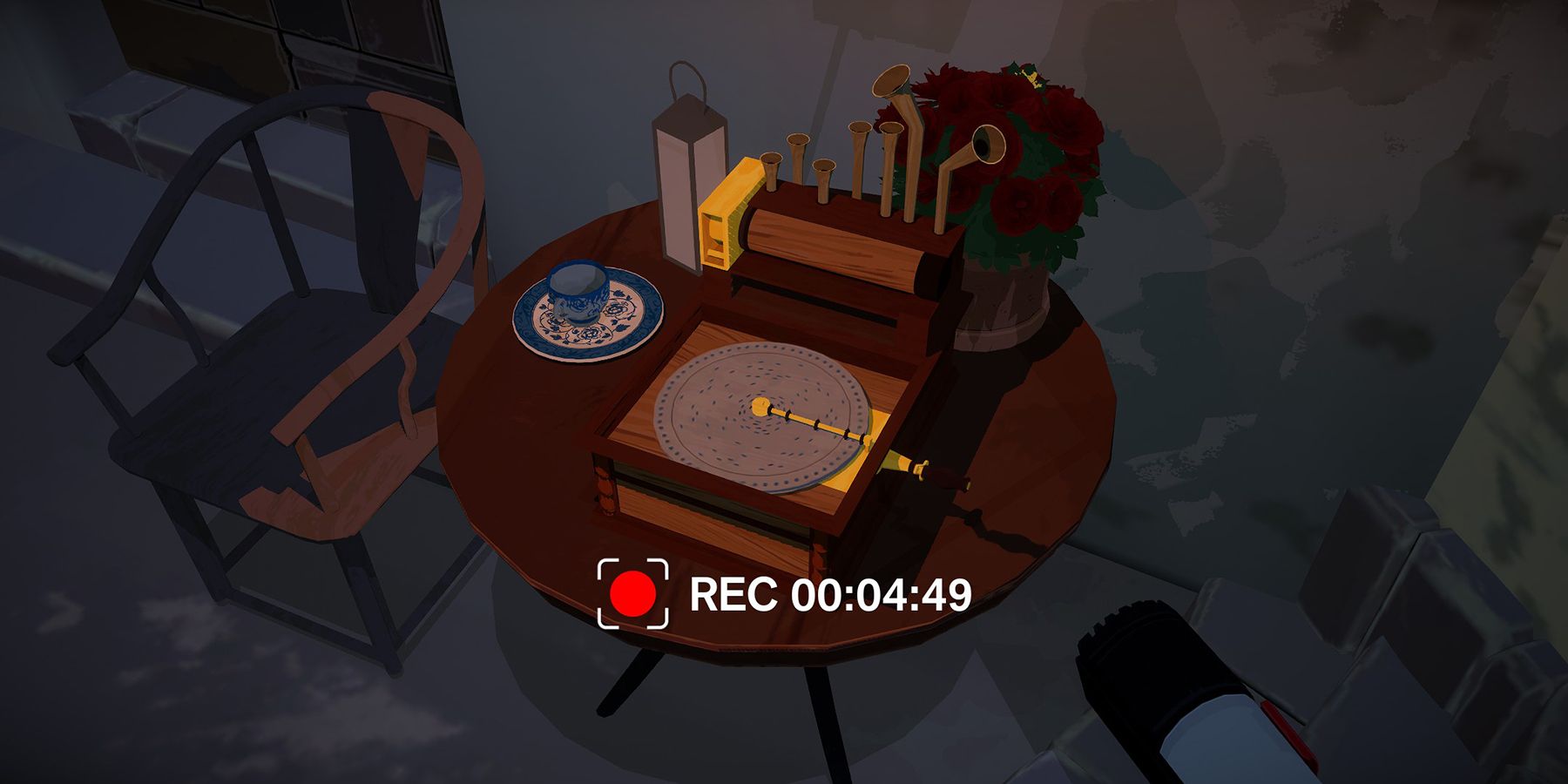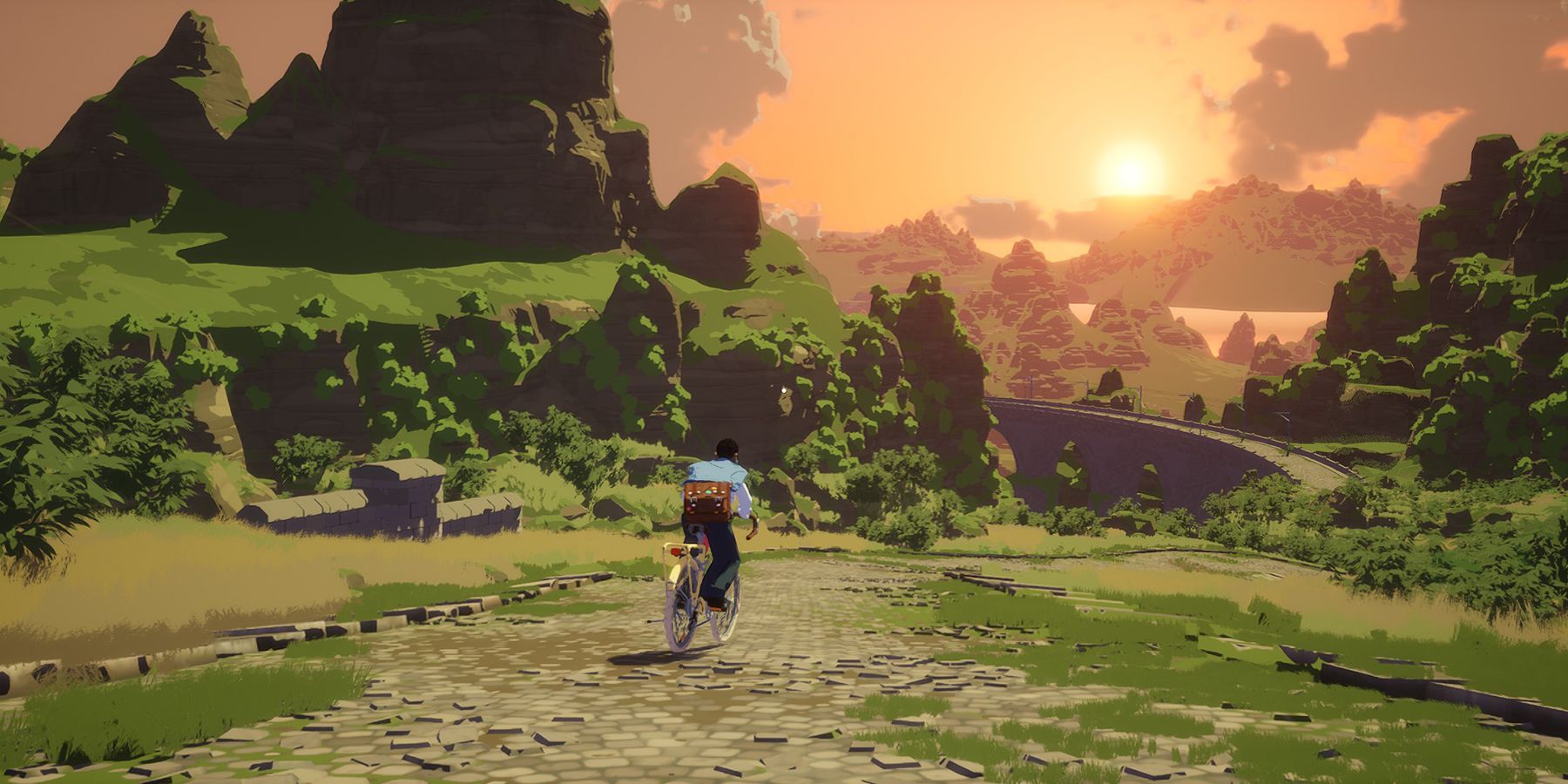The second release from Scavengers Studio, Season: A Letter to the Future, offers a very different experience from the developer’s 2020 battle royale, Darwin Project. Season will be categorized by many as a walking, or rather biking, simulator and will unfortunately likely get overlooked for that reason alone. However, those who delve into the indie game will find themselves on a generally enjoyable, albeit slow-paced, journey into a thought-provoking world.
The developers behind Season clearly had a message they wanted to send, but it’s delivered in a vague enough way that players are left to draw their own conclusions about its meaning. The game is about memory and time, the dangers of dwelling in the past, and the importance of thinking about the future, and even encourages considerations about death. The result is an experience filled with nostalgia, wistfulness, and a touch of regret. That being said, Season will probably only appeal to a certain type of player, one who doesn’t mind becoming a little moody and pensive.
The game follows a silent protagonist who ventures outside of her isolated village after a friend predicts the imminent end of the current season. This is a daunting endeavor because nobody has left the village in decades, as the outside world is a dangerous place where people tend to lose themselves, mentally if not physically. But the main character feels compelled to document the world around her — using an audio recorder, a camera, and her drawing skills — before the season ends in the hopes of creating a record for posterity.
Just what these seasons are exactly is a mystery, but they're a foundational element of this world and people can live through several seasons in their lifetime. While at first glance it seems very similar to the real world, Season definitely does not take place on Earth, or perhaps it is set far in the past or future when different universal laws apply. Because the world that Scavengers Studio has created is a magical one, with mysterious gods who can grant or remove memories, as well as dangerous illnesses that can induce a permanent dream state or even affect people’s ability to forget.
It's an intriguing world that begs exploration, and luckily, that’s exactly what players are tasked with doing. They set out from Caro Village on a bicycle and roll leisurely through a beautiful landscape filled with wildlife and the broken-down remnants of seasons past. Much of the imagery in Season is incredibly picturesque, and it’s a pleasure to take in the brightly colored vistas. If anything, the time it takes to move from one location to the next is almost too short, and many people will feel that this aspect of the biking sim is not emphasized enough. It’s a relaxing highlight of the game that leaves one wanting more.
The aesthetic of Season is a primary reason for this: simplified but with enough detail to make the world feel somewhat alive. And the thrill of riding around a bend in the road to discover a vast landscape stretching to the horizon, fluffy clouds glowing pink in the sunlight, never gets old. It’s an ideal setting for taking pictures, and thankfully Scavengers provides every opportunity to do so.
The game’s protagonist has a sketchbook in which she collects the drawings, photos, audio recordings (somehow), and even posters or notes found lying around. She can even jot down notable quotes from the various inhabitants she encounters. As the pages are filled, decorations or stickers will be unlocked that can be used to further personalize the book. It’s surprisingly fulfilling to complete the different sections, creating an artistically laid-out visual record of each person’s individual gameplay experience.
But players aren’t expected to just wander around the rolling hills and take random snapshots of anything interesting they spot, although that’s certainly an option. The game also has a few “quests,” so to speak, that task the player with finding specific items to photograph or record in order to clarify certain story elements of Season. And in the end, none of it is required to finish the game. If a person wants to ignore all the recording, picture taking, and sketching and just beeline through the game, they certainly can.
Those interested in documenting the game world will quickly discover how satisfying it can be. Season features Tempest 3D AudioTech, which adds what Scavengers' Creative Director Kevin Sullivan calls “spatial dimensions of sound” to the game. Basically, this means that the noise of a bird singing, kites flapping in the wind, or a waterfall crashing into rocks will become louder and more distinct as the player draws nearer. Still, it can be easy to miss some sounds, so it’s helpful to turn on subtitles, which provide a visual cue as well.
Other than that, the photography and recording elements of Season are very simplistic, though not in a bad way. They become part of the gameplay, rather than separate from it like a photo mode might, and are easy to pick up. There is a zoom on the camera, as well as a few filters and the ability to shift the focal point, but that’s about it. It quickly becomes a habit to stop every few seconds to take a snapshot of another pleasing view. The only downside came in the latter portion of the game when the sun began to set and the lighting dimmed, making all the photos disappointingly dark and difficult to see.
Despite the remnants of the past left rusting and rotting in the environment, Season isn’t a post-apocalyptic tale. Rather, it gives an impression of a new beginning, like that feeling after a good rain when the sun comes back out and the birds start singing again. Along with the sadness for things left behind is hope for what’s to come.
As such, the protagonist isn’t traveling through the world alone. She will encounter a small cast of unique and interesting denizens, each of whom has their own thought-provoking story of hardship and optimism to tell. Season does a good job of making the player care about these characters and the life they will have once the game ends. And in fact, many people will be left wanting to learn more about the game’s world, mysterious history, and varied residents.
Navigating through Season really feels like stepping into a piece of art, and the experience overall is an enjoyable one. But the game isn’t perfect, of course. One issue that cropped up regularly during the playthrough was random stuttering that caused the camera to jerk upwards half a centimeter or so, forcing the brain to suddenly adjust to a slightly new perspective. It was off-putting, distracting, and amplified another negative of the game: motion sickness.
Something about the way the camera moves in Season can result in a constant feeling of nausea, at least for some players. And this seems to be something that the developer is aware of because there is a game option to show or hide the reticle, with a note that “displaying a dot in the center of the screen may help to reduce motion sickness.” This isn’t something that many games make a point of mentioning, and unfortunately, the dot didn’t help much. This made it difficult to play the game for more than an hour at a time.
Other than those two things, however, there is not much negative to say about Season: A Letter to the Future. It probably won’t appeal to those who have a hunkering for a more action-oriented experience. But for a relaxing evening on the couch, without much thinking required, the adventure title definitely delivers. It’s simply a beautiful game, both in terms of graphics and the story that it tells, and will leave players with a pleasant sense of wonder, curiosity, and vague nostalgia.
Season: A Letter to the Future releases on January 31, 2023, for PC, PS4, and PS5. Game ZXC was provided a Steam code for this review.
Season: A Letter to the Future

